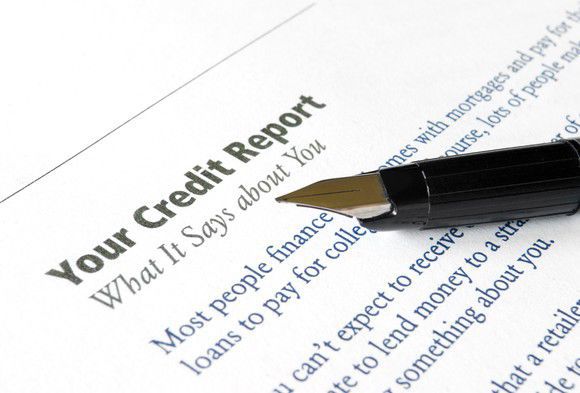Why Does The Credit Score Fall?
The question "Why does my credit score fall?" Is one of the questions that the curriculum is concerned about. There are a some reasons to it. We will talk about them in this article.
Does Making A Loan Application Lower The Credit Score?
Making a credit application does not lower the credit score. However, too many loan applications can make a negative impression on banks. This is the linear approach of the banks in the form of "why should I give the loan that other banks do not give?" It should be noted that the banks generally do this approach for those who have been denied the loan application and who have received refunds from them.

Components of Credit Score:
1- Payment Disorder
The most important factor affecting the downgrading of the credit rating is the fact that the credit disbursement method affects the current credit situation. Furthermore, in the credit score, the term "paying regularly" applies to all bank loan payments. So:
- Loan payments,
- Credit card payments,
- Plus money (KMH) payments,
- Even a day's delay is perceived as a late payment in the credit score.
- A late payment on a credit note may reduce the credit rating to 200 points.
2- Current Credit and Credit Card Debt Status
The "credit debt situation", including credit card debtors, is in a serious position of 35 percent. In addition, the credit debt status is calculated according to the monthly income of the person. Even if people pay their debts regularly, the credit rating is lowered as the loan debts approach this upper credit limit.
3- New Credit Aplier
The newly acquired credit creates a risk in terms of banks due to the uncertainty of payment. The reason for this risk is that large wrecked credits have not been paid in the first installments.
After the first installment payment, there is a rapid rise in the credit rating.
After the first installment payments of the new loan, there is a rapid increase in the credit rating as the uncertainty of the loan payment decreases. However, since the effect of the newly acquired credit on the credit rating is 11%, the increase is also at most this rate.
Raising a new credit card purchase or credit card limit too much may initially reduce the credit rating.
Newly purchased credit cards are also considered as a new credit due to reasons such as credit card purchases made in one place and withdrawal of installment cash advance. For this reason, purchasing a new credit card or raising the limit may have a slight negative effect on the credit rating initially. However, it should not be forgotten that credit cards are the most important factor in raising credit ratings as long as they are actively and regularly used.
4- Intensity of Credit Usage
Frequent repayment using credit is an effect that raises the credit rating. The reason for this is that the person who has used the loan before and has regularly paid these loans is generally foreseen to have a lower risk of not paying the loan than the person who does not use the loan.
5- Other Factors
Apart from the basic components that we have mentioned, there are a number of factors that may affect the credit rating at a minimum. However, the total effect of these factors is relatively small, at 9%. Although these factors are not fully known, general financial transactions such as estimating automatic payment order, credit card usage time, and bank account transactions can affect the credit score.


